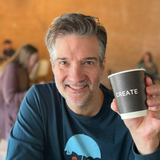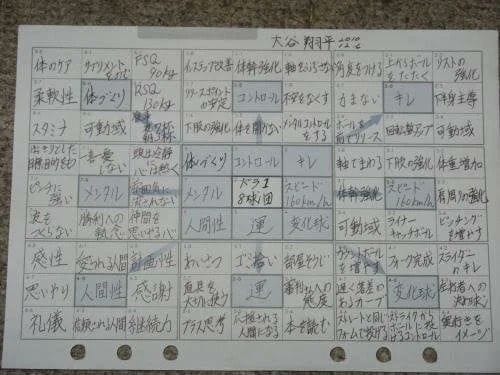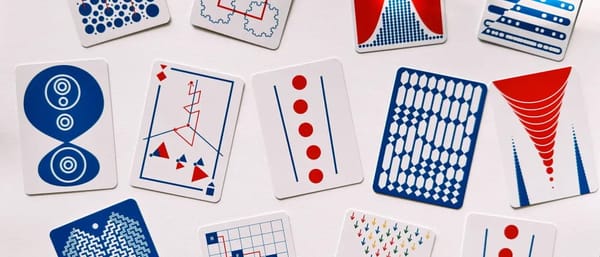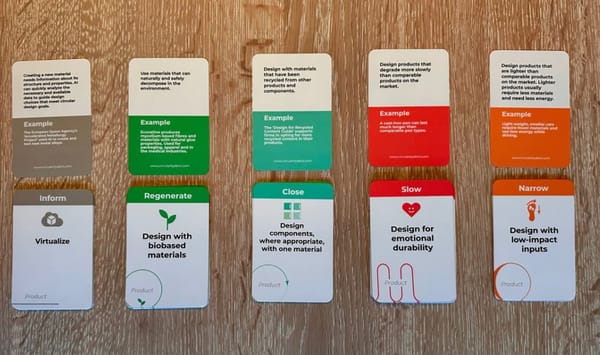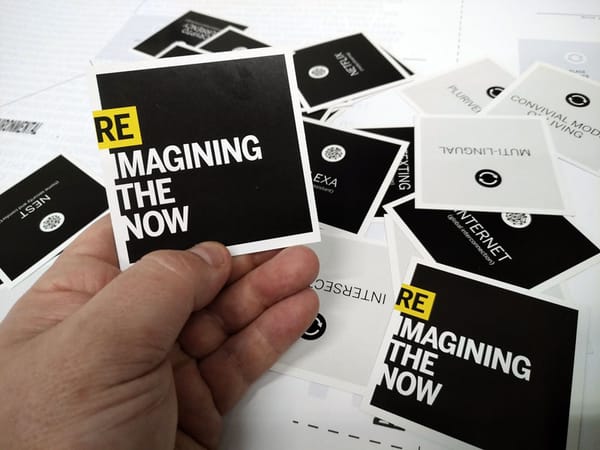№ 50 | Challenge & Opportunity Cards, Gaming for Understanding, Propaganda Headlines, File Over App, and “The Hero's Journey Is Nonsense”
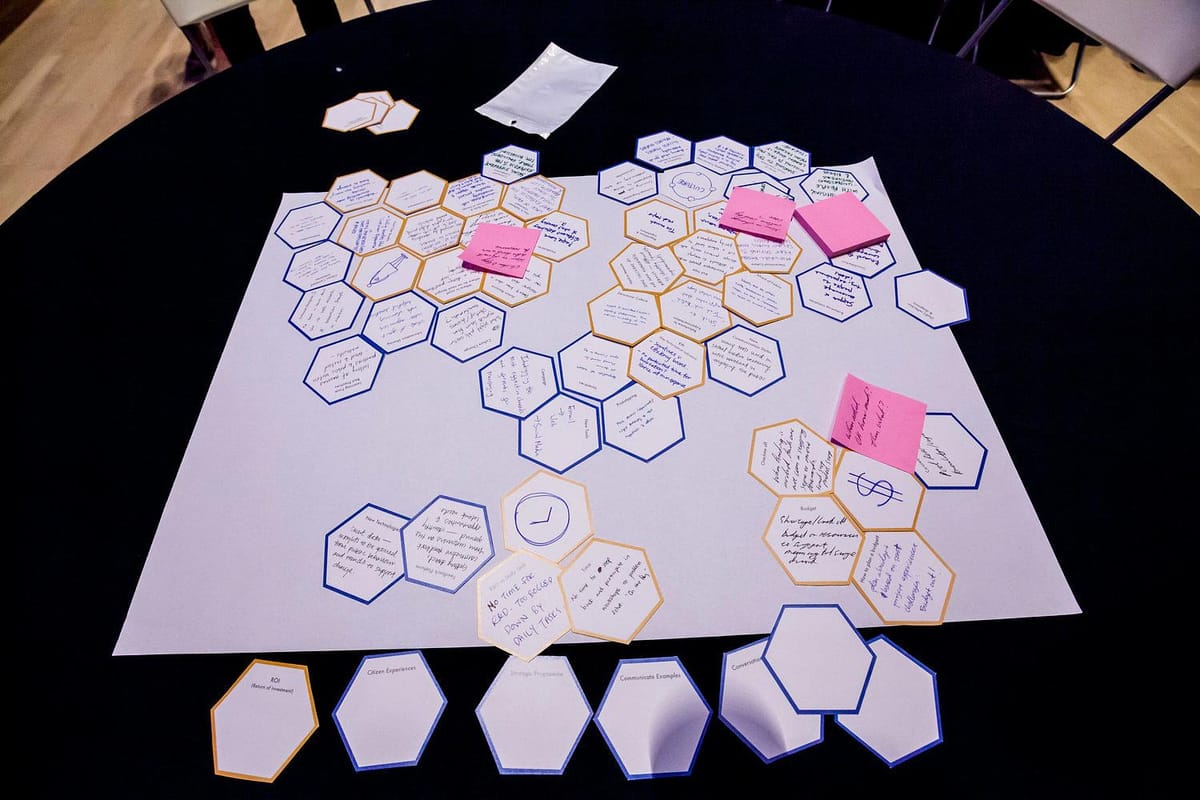
Challenge & opportunity cards
These Challenge & Opportunity Cards can be “used to identify and map challenges and opportunities when adopting design in the public sector.” Free download. Have fun cutting out all these hexagons. 😳

While you're there, check out the other methods and tools from Service Design Lab, including the Priming Strategy Toolkit (cards!) and the Data Card Toolkit.
Gaming for understanding
It's a TEDx talk, about Gaming for understanding. From Brenda Romero.
It's never easy to get across the magnitude of complex tragedies – so when Brenda Romero's daughter came home from school asking about slavery, she did what she does for a living – she designed a game. She describes the surprising effectiveness of this game, and others, in helping the player really understand the story.
I love the closing punchline:
And so games, for a change, it changes how we see topics, it changes our perceptions about those people in topics, and it changes ourselves. We change as people through games, because we're involved, and we're playing, and we're learning as we do so.
Propaganda headlines
Here's a great teardown (thread 🧵), in which the author looks at a single “propaganda headline,” and the tactics used “to intentionally obscure the truth, while still, technically conveying factual information.”
I wonder how we might turn these 5 tactics…
- Diminishers
- Omissions
- Improper Synonyms
- Grammatical Misdirects
- Unnecessary Details
…into a ‘look for’ deconstruction game? 🤔
File over app
Last week's find on “Local-first” reminded me to dig up this post/manifesto/philosophy “File over app” (in regards to notes and ownership). Yes, file over app!
“The Hero's Journey is nonsense”
I love a post that challenges—critically challenges—a popular framework (core to Mighty Minds is the idea of shifting our perspectives through various lenses, templates, frames, etc.). Anyway, The "Hero's Journey" Is Nonsense is a good, critical rejection, of Joseph Campbell's “thoroughly entrenched” ‘monomyth’ pattern.


